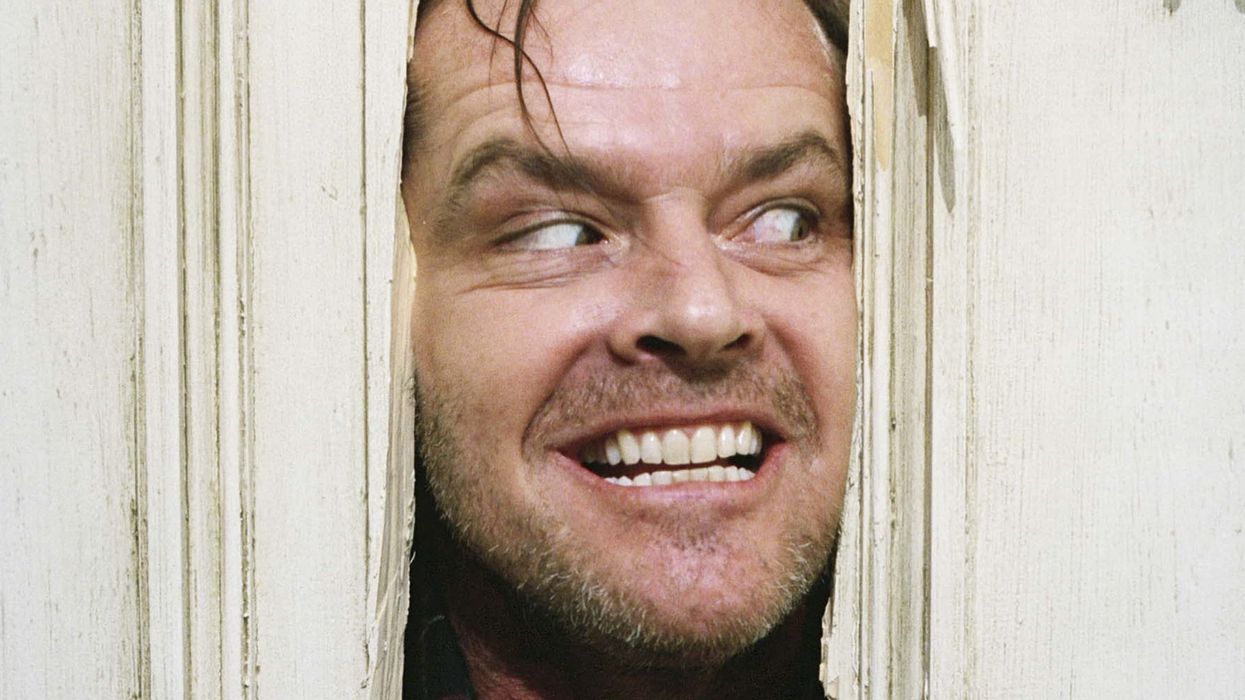Watch Vintage Clips of Stanley Kubrick Making 'The Shining'
The Shining stars Jack Nicholson and Shelley DuVall talk candidly on this vintage BBC clip about working with the demanding auteur, with DuVall spilling some considerable bittersweet tea.

For Stanley Kubrick fans, The Shining is the one movie on the director's CV whose troubled (and epic) production they can't get enough of. Now, fans of the auteur's take on Stephen King's terrifying novel can add this vintage behind-the-scenes clip from the BBC Archives to their queue.
On October 4, 1980, Kubrick's daughter, Vivian, was sent to the film's set to capture some truly fly-on-the-wall footage of her father and actors Jack Nicholson and Shelley Duvall at work. The four minutes worth of footage pack in a considerable amount of anecdotes about the film's production in real-time, as well as insights into both Kubrick and his stars' process -- especially on how the latter coped with the director's infamous predilection for being very exacting and less-than-actor-friendly on set. Watch below:
What You Can Learn
Kubrick and Nicholson explain film scripts' color-coding process on set, and why each new draft has different colored pages. Nicholson also reveals, candidly, how that process wasn't one that ultimately serviced his own.
"I quit using my script," Nicholson says on the video, with his trademark snicker. "I just use the ones they type up each day." When asked if he was exaggerating about the daily rewrites that faced the embattled production, Nicholson dead pans "No."
The footage -- which should be included on the definitive Shining special edition Blu-ray whenever Warner Bros. makes it -- also provides insight into not only the director's reputation for being very "cold" and analytical, but also how his actors work with and cope ahead for that.
"There's pressure on almost every movie set, it's just that Stanley doesn't relate to it," Nicholson reveals. The Oscar-winner is seemingly accepting, without judgment, the irony of a director working in a medium driven by emotional storytelling can sometimes lack the empathy or mindfulness of how that could come off to the cast and crew charged with bringing that emotionality to life.

Duvall's working relationship with Kubrick was problematic, given how the director lacked the mindfulness discussed above to better accept and understand her process. But Duvall, even in this clip -- fresh from being in the thick of it with her director -- was able to come to a place of accepting his process and hers.
"I resented Stanley because he pushed me [on set]," Duvall says. "We had the same end in mind, we just sometimes differed in our means. I found that I really respect him, as a person and a director."











